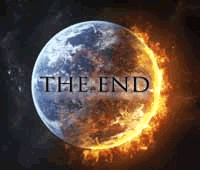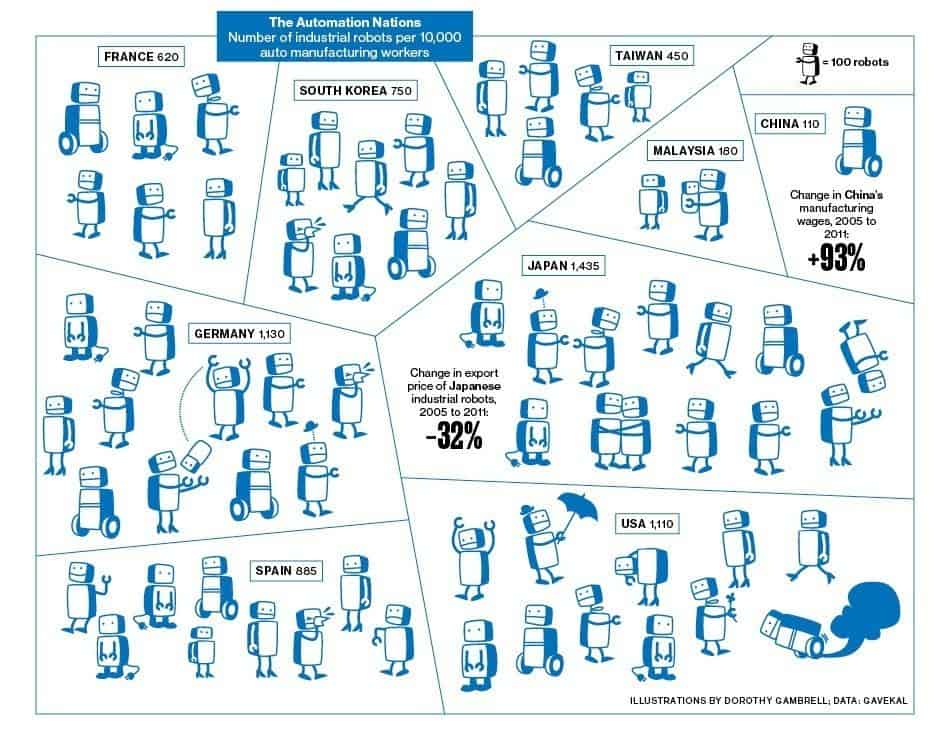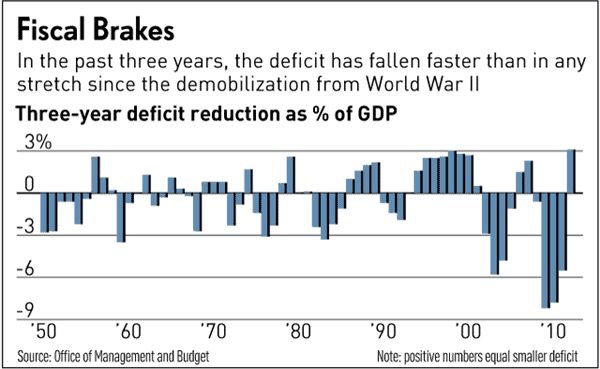The Lok Sabha today passed the Banking Bill and the Companies Bill.
The Baking Bill was passed after the government gave in to the BJP’s demand to drop the controversial forward contract bill from the amendment, paving the way for issuance of new licenses and consolidation in the sector.
Regarding the Companies Bill the government said the aim is to protect interest of employees and small investors while encouraging firms to undertake social welfare voluntarily instead of imposing that through “inspector raj”.
Replying to a debate before the bill was passed by a voice vote, Corporate Affairs Minister Sachin Pilot said through this new legislation, the government intends to make India an attractive and safe investment destination.
He said special courts would be set up for speedy trials, as an assurance to investors that cases will not linger on.
“The new clause (on forward trading) will not be pressed. We will debate the rest of the Bill,” Finance Minister P Chidambaram, Finance Minister, told the Lok Sabha when discussions commenced on the Banking Bill. The introduction of this clause was opposed as it did not form part of the Banking Laws (amendment) Bill 2011 that was referred to the Standing Committee on Finance.
The bill aims to draw foreign investment to the banking sector by increasing shareholders’ voting rights to 26 percent from the existing 10 percent. This is expected to lead to consolidation in the industry, as it will increase investor interest in private banks. Secondly, it will also encourage foreign banks to expand in India by buying stakes in local banks, as they would have greater operational control over their management.
While defending the case for the bill, Chidambaram also said India needs world-class large banks, thereby making the case for consolidation and expansion even stronger.
Chidambaram also said the government plans to infuse Rs 1500 crore into public sector banks to ensure expansion. He said that at least 6,000 new branches will be opened and around 84,000 people will be recruited for the same.
“We have to infuse capital in the banks so that they can lend. The funds will be infused by bonus shares and rights issue,” he said.
Post the passage of the bill, the Reserve Bank of India can get moving on issuing new banking licenses to private banks. The process for inviting application for setting up new banks could start as early as January 2013.
India’s banks are in need of funds to expand operations and meet enhanced capital requirements under Basel-3 norms.
RBI had formulated the draft rules for the issue of new bank licenses to private banks in 2011, but held back on their implementation, urging the government to first get the banking bill approved by Parliament because it said it needed more powers.
However, the minimum capital requirement and guidelines for setting up new banks are still not known. Only those entities that the RBI deems fit and proper will be allowed to set up shop in India. Sources, however, told CNBC-TV18 that preference will be given to non-banking financial corporations as applicants for new licenses.
The proposed law will also give the RBI the power to inspect the books of banks’ associate companies.
Meanwhile, Chidambaram also said that the much-awaited insurance bill and land acquisition bill will not come up during the Winter Session of Parliament. The two have been deferred till the Budget Session.
Further, clarifying on the Banking Bill, Chidambaram said the Competition Commission clause in the Banking Bill has been modified which allows the Reserve Bank of India to remain the banking regulator, while the Competition Commission of India (CCI) would regulate mergers and acquisitions. The Finance Minister, however, clarified that the banking sector is not outside the CCI’s purview.
The Banking Laws (Amendment) Bill, 2011 will now be taken up for discussion in the Rajya Sabha, the upper house of parliament.
FICCI chief Naina Lal Kidwai welcomed the move and said the government has given a very important signalling by passing the bill as bigger banks are essential for more competition in the banking sector. “There will be many takers for new licenses. Banking is a sector that can attract private equity,” she said.


